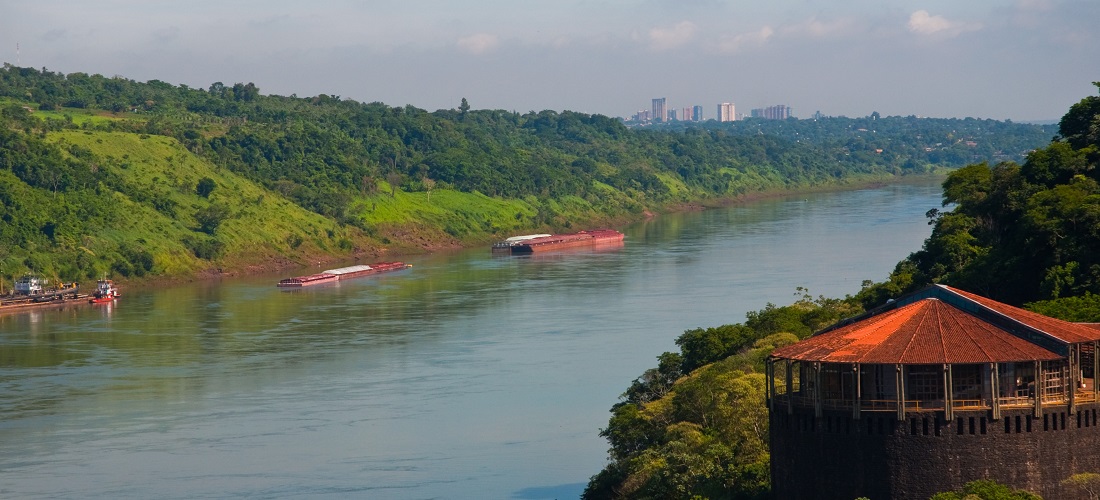
Paraguay’s Agro-Export Sector Faces “Gloomy Outlook” Due to Low River Levels
Aug, 21, 2024 Posted by Gabriel MalheirosWeek 202434
The 2024/2025 soybean harvest in Paraguay is facing a challenging outlook, marked by adverse weather conditions, navigability issues on the rivers, and economic pressures, creating a problematic situation for producers and exporters. Sonia Tomassone, foreign trade advisor for the Paraguayan Chamber of Grain and Oilseed Exporters and Traders (Capeco), told Valor Agrícola that these factors create a “disadvantageous mix” that requires further monitoring and adaptation.
“The agro-climatic issue suggests potential problems in the country’s northern regions, such as the departments of San Pedro, Canindeyú, and Concepción, which are once again facing a water deficit,” she noted.
Ms. Tomassone, on the other hand, claims there will be enough water in the south for the time being. She did, however, caution that it is imperative to keep an eye on the situation. “Although producers are making every effort to mitigate these climate effects, the weather remains beyond our control,” she stated.
Tomassone also pointed out that the forthcoming water deficit in the north “will definitely worsen navigability conditions.”
She explained that “if it rains in the south, it’s not enough; it needs to rain at the headwaters of the rivers for us to have navigability in our waterways.”
“We don’t have a very encouraging outlook,” Tomassone acknowledged. However, she emphasized that mitigation measures will continue to be implemented, and the development of crops and the flow of products will be closely monitored.
She highlighted that the logistical difficulties in moving products overland, particularly at the Ciudad del Este-Foz de Iguazú border, have been alleviated, which gives some optimism regarding land-based logistics.
Nevertheless, she stressed that most soybeans, grains, and industrial derivatives are transported via river, and “there are no signs of improvement in navigability conditions.”
While dredging operations are underway, and new agreements have been signed with the government to improve river navigability in the short, medium, and long term, Tomassone warned that “these efforts will take time.”
She emphasized that although the ongoing actions are very important, “exports do not stop,” thus, it is crucial to continue efforts to ensure their smooth flow.
Impact on Imports
She also mentioned that the state of the rivers has an impact on both imports and exports. Tomassone brought attention to the fact that gasoline imports are necessary for Paraguay and that price rises could unleash all sorts of problems that go with it. She also said that in a few months, the holiday season will start, which will cause a spike in imports of goods related to the festivities at that time of year. “Delays and price increases may also result from this. As a result, things are rather tricky going forward,” she said.
-
Ports and Terminals
Jan, 29, 2025
0
Port of Paranaguá Detects 51 Trucks with “Adulterated” Soybean Meal Cargo
-
Shipping
Aug, 22, 2023
0
‘Wind-powered’ cargo ship debuts on trip to Brazil
-
Ports and Terminals
Sep, 20, 2021
0
Port of Vitória sets 10-year cargo handling record
-
Tradelane Graphs
Feb, 08, 2021
0
Brazilian container handling by trade lane in 2020



